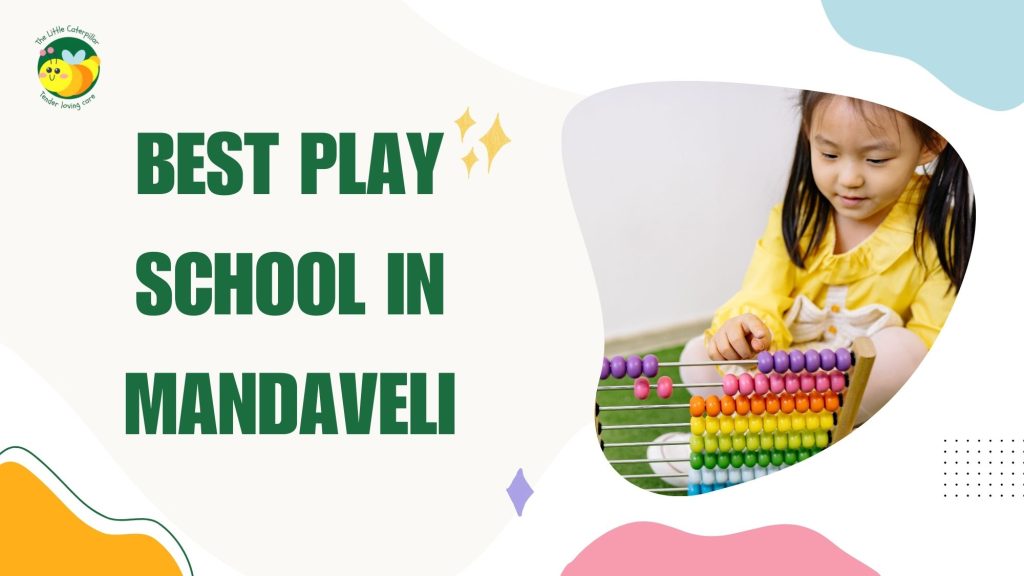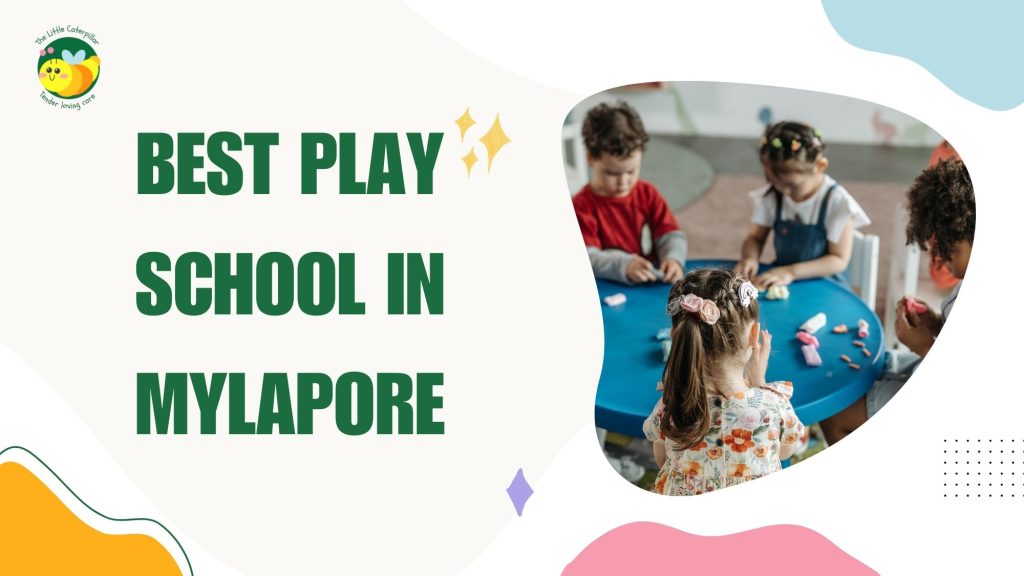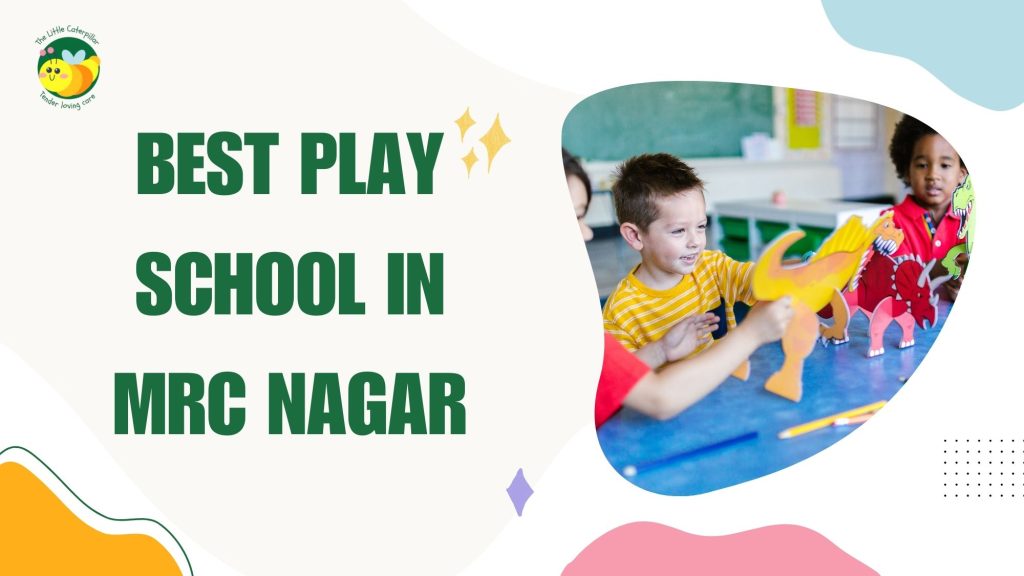Table of Contents
Introduction
In early childhood education, fostering kindness and empathy is essential for nurturing well-rounded individuals. The Reggio Emilia and Montessori approaches are renowned for their child-centered methodologies, emphasizing respect for the child’s autonomy and fostering a sense of community. Integrating an Indian touch adds cultural relevance, enriching the learning experience with values deeply rooted in Indian traditions such as compassion, respect, and interconnectedness.
Understanding the Reggio Emilia Approach
The Reggio Emilia approach originated in Italy and is known for its emphasis on the child as an active participant in their learning journey. Key principles include:
- Child-Led Learning: Children’s interests and curiosities guide the direction of learning experiences.
- Collaborative Learning Environment: Collaboration among children, educators, and parents fosters a sense of community.
- The Role of Environment: The physical space is considered the “third teacher,” influencing children’s learning and behavior.
Integrating Indian Values into the Reggio Emilia Approach
- Stories and Folktales: Incorporate traditional Indian stories that exemplify kindness and empathy, such as stories of Lord Krishna or Buddha’s teachings on compassion.
- Nature and Environment: Utilize elements from Indian nature and environment, such as incorporating plants like the Tulsi plant for teaching care and respect.
- Community Involvement: Engage parents and local community members to share Indian cultural practices emphasizing kindness and community spirit.
Understanding the Montessori Approach
The Montessori method, developed by Dr. Maria Montessori, emphasizes independence, freedom within limits, and hands-on learning. Key principles include:
- Mixed-Age Classrooms: Children of different ages learn together, promoting peer learning and empathy.
- Hands-On Materials: Specialized Montessori materials encourage self-directed learning and exploration.
- Practical Life Skills: Activities like pouring water, sweeping, and preparing food to promote independence and responsibility.
Integrating Indian Values into the Montessori Approach
- Yoga and Mindfulness: Introduce simple yoga poses and mindfulness practices rooted in Indian traditions to promote emotional awareness and empathy.
- Cultural Materials: Adapt Montessori materials with Indian themes and symbols to teach concepts of kindness and compassion.
- Festivals and Celebrations: Use Indian festivals such as Diwali or Eid as opportunities to teach kindness through acts of giving and sharing.
Practical Strategies for Teaching Kindness
- Role-Modeling: Teachers demonstrate kindness through their interactions with children and each other.
- Language and Communication: Use positive language that promotes kindness and empathy in daily interactions.
- Reflection and Discussion: Provide opportunities for children to reflect on their actions and discuss how their kindness impacts others.
Conclusion
Integrating the Reggio Emilia and Montessori approaches with an Indian touch to teach toddlers kindness involves creating a nurturing environment that respects children’s autonomy, fosters a sense of community, and integrates cultural values of compassion and empathy. By incorporating stories, nature, community involvement, and practical life activities rooted in Indian traditions, educators can effectively cultivate kindness in young children. This holistic approach not only enriches their educational experience but also prepares them to be compassionate individuals in a multicultural world.
References
- Montessori, Maria. The Montessori Method. Montessori-Pierson Publishing Company, 1912.
- Edwards, Carolyn, Lella Gandini, and George Forman. The Hundred Languages of Children: The Reggio Emilia Approach to Early Childhood Education. Ablex Publishing Corporation, 1993.
- Gandhi, Mahatma. The Collected Works of Mahatma Gandhi. Publications Division, Ministry of Information and Broadcasting, Government of India, 1958.




